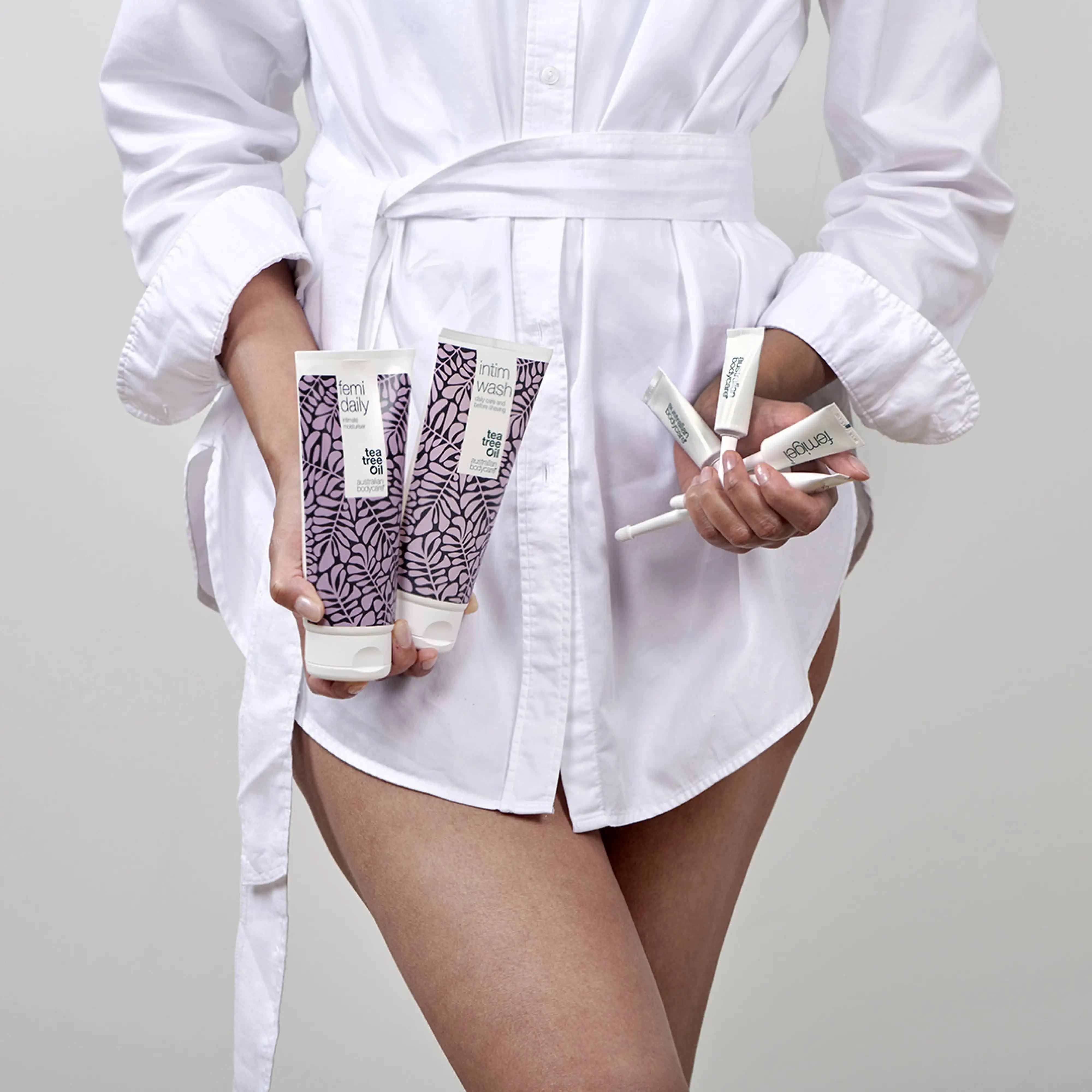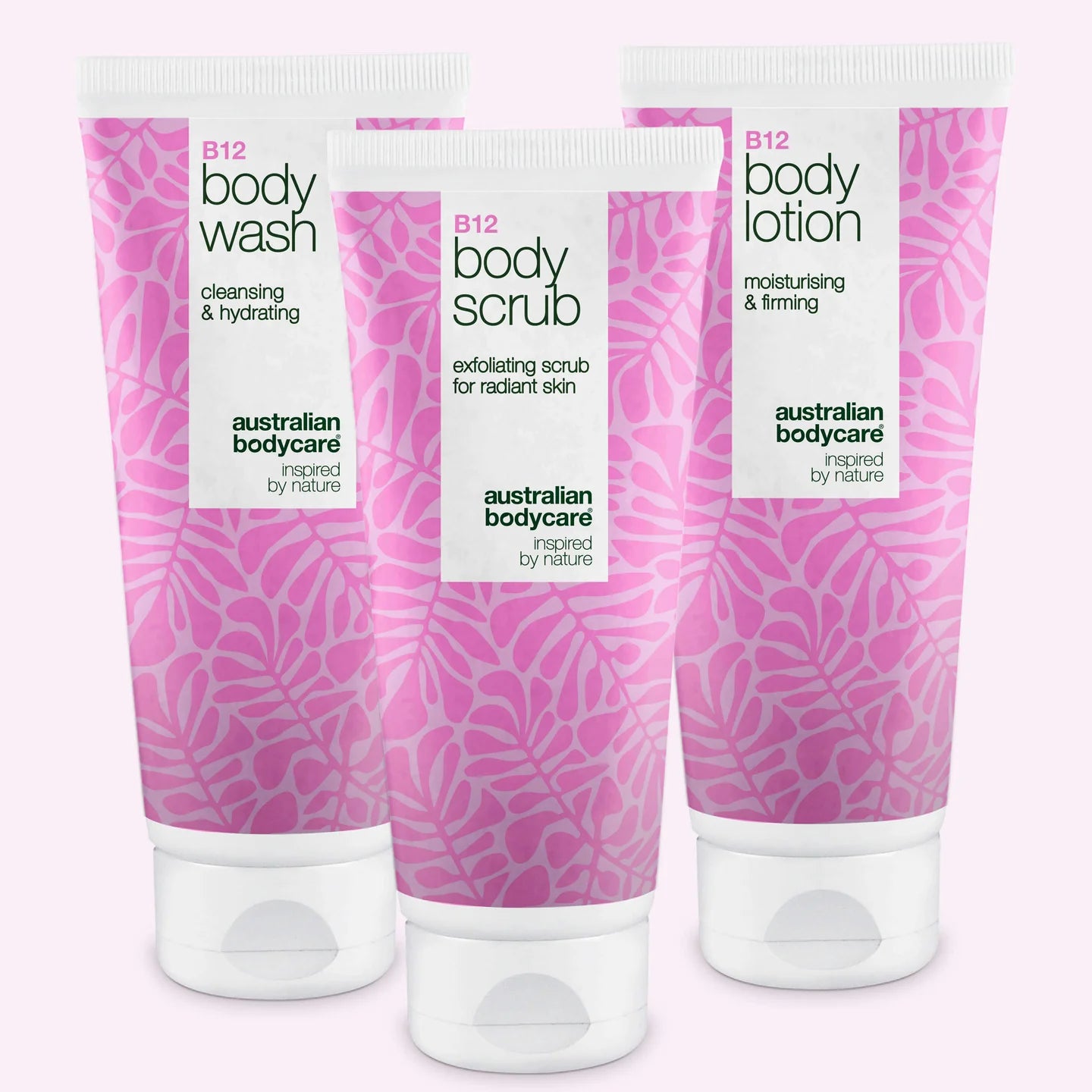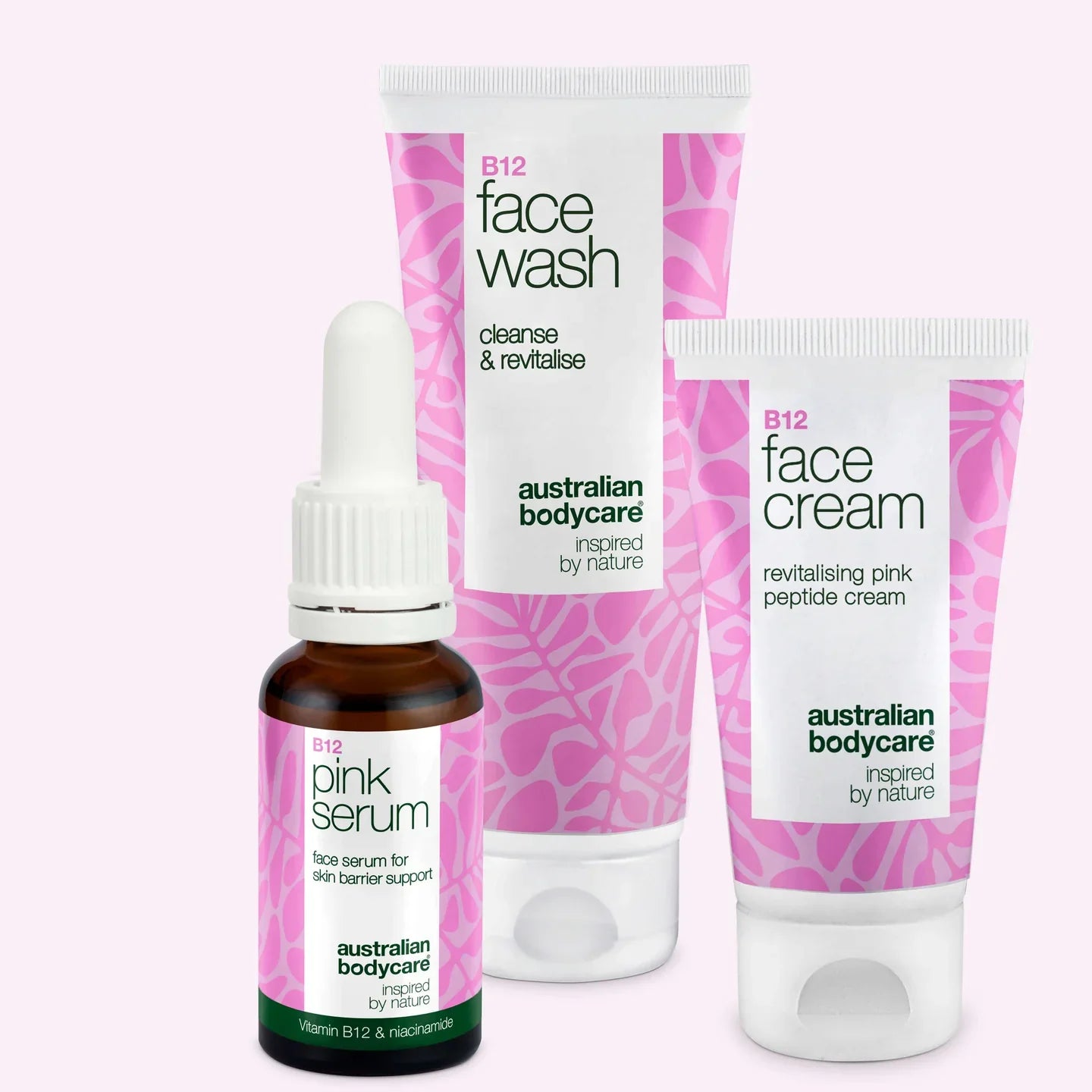Incontinence – involuntary urination – something many don’t talk about
Urine incontinence or involuntary urination means being unable to hold back urine, leading to accidents. There is often a taboo about it, because wetting your pants is embarrassing. Yet most problems of involuntary urination can be solved. Read more about what involuntary urination is and what to do about it.
Table of contents
What is incontinence?
Normally, people urinate five to seven times a day, about every three or four hours during the day. The bladder can hold 300-500 ml, and most people can control the need to urinate. However, more than 400,000 adult men and women suffer from some degree of incontinence. Additionally, there are a number of children who have problems with involuntary urination.
People often try to conceal the problem and are embarrassed by it, so their incontinence is not treated. That is a pity, because it means a poorer quality of life. In the great majority of cases, help is available.
There are three types of incontinence: stress incontinence, urge incontinence also called urgency incontinence, and overflow incontinence. You may have a combination of the three types, so it is important to see your doctor and be examined, so you can get the right help with your involuntary urination problems.
What are the symptoms of incontinence?
Symptoms of incontinence may be:
- Difficulty with passing urine properly when you go to the toilet
- Small amounts of urine trickling all the time
- You cannot wait, and urinate before you get to the toilet.
- Your sleep is interrupted because you have to go to the toilet during the night.
What is stress incontinence?
You accidentally pee when you sneeze, laugh or play sports. Stress incontinence results from weakened support under the urethra, and it helps to train the pelvic floor to increase your chances of stopping your incontinence.
If it does not help, you may need surgery or treatment with hormone suppositories. Women are affected most often by stress incontinence, but men can suffer from it too.
Urge incontinence is a strong need to urinate
If you often feel a need to urinate, and it is so strong that you do not get to the toilet in time, you may have urgency incontinence. Urge or urgency incontinence is when your bladder contracts involuntarily or your sphincter muscle leaks. You can take action to improve the situation, among other things by changing your drinking habits or training your bladder.
Medication may also be necessary, to help your bladder to relax. Electrostimulation is also possible: here the mucous membranes of the vagina are stimulated with a weak current from electrodes, or hormone suppositories may help women after the menopause. It is possible that you will need surgery to solve the problem.
Overflow incontinence – when you ignore messages from your body
When you go to the toilet, your bladder does not empty completely. This may be because for a long period you have not listened to signals from your body. Your bladder may therefore have become enlarged and weakened, and you may have an involuntary trickle of urine.
Incontinence in women
Women of all ages may have urine incontinence, but it is most often a problem for older women. Among women aged 40-60, about 16 % have a symptom at least once a week.
Incontinence in men
Incontinence in men may be due to an enlarged prostate. Then it may be difficult to empty the bladder completely, and the flow is not as fast as usual. A little trick that may help is to press under your scrotum after urinating to help the last drops of urine out.
Incontinence in children
With involuntary urination in children over the age of five, daytime incontinence is distinguished from night-time incontinence, which is called enuresis.
If your child has been toilet trained for more than six months and begins wetting either in the daytime or at night, you should first check that the child does not have an infection, diabetes or problems with concentrating the urine. You should consider whether the child has been subjected to emotional stress too, as it may also be a cause of involuntary urination.
Why do people become incontinent?
There may be many different reasons for developing incontinence, but in by far the most cases there are ways of alleviating the problem, so it is not a constant battle.
Illness can cause involuntary urination
If you have diabetes, Parkinson’s disease, multiple sclerosis or some types of back problem, it may have a negative effect on your bladder, resulting in a greater or lesser degree of incontinence.
Incontinence when you take medication
Incontinence may be a side effect of some forms of medication.
Are you going through the menopause?
If you are going through the menopause, the mucous membranes in the vagina and around the urethra may become thinner. You may become unable to close the urethra tightly to hold back urine. Symptoms of changes in the mucous membranes may be felt as itching and stinging, frequent urinary tract infections, bleeding or irritation during intercourse.
What can I do myself about involuntary urination?
If you want incontinence to be less of a daily concern, there are several things you can do. Which of them will work depends on the kind of involuntary urination you suffer from. So it is best to plan your efforts together with your doctor.
Weight loss can reduce incontinence
If you are overweight, incontinence can be reduced if you lose weight.
Drink less coffee, coke and alcohol
Tea and coffee contain caffeine in different forms, and fizzy drinks contain carbonic acid, citrus and artificial sweeteners. These ingredients and alcohol can cause an undesirable reaction in your bladder. You can try eliminating one drink at a time, to find and eliminate the one that causes your involuntary urination.
Use the right pads for incontinence
Ordinary sanitary pads can easily prove inadequate for involuntary urination, because they are simply not designed for it. It is better, therefore, to choose a urine pad that is designed to absorb dilute fluids such as urine. At the same time, the pad will prevent odours associated with incontinence.
How much should I drink in the course of a day?
It is recommended that you should drink between 1½ to 2 litres of fluids each day. All drinks count, including coffee and tea. In summer, when it is very hot, or if you exercise a lot, or you are breast feeding, you should increase to between 2‑2½ litres of fluid, distributed through the day.
As a general rule, what you drink after 6 pm comes out at night. It may be a good idea to drop that cup of coffee in the evening, or the half litre of coke with your popcorn while you watch a film, if your sleep at night is disturbed by needing to go to the toilet.
How often should I go to the toilet?
It is always good to have regular habits around visits to the toilet. Of course, you cannot always plan everything in detail, but going to the toilet every three to four hours is good for your bladder – depending on how much you have drunk recently.
When you go to the toilet, give yourself time. If your bladder does not empty completely, you may get cystitis. If you have not managed to pee the last drops, try getting up and walking around a little. Then try again to get the last remains of urine out.
Training the pelvic floor
Strong musculature in the pelvic floor helps to prevent involuntary urination. The muscles there help to close the urethra.
Vaginal tampon or pessary ring
You can use a vaginal tampon that supports the neck of the bladder and re-establishes the closing mechanism, so you are not troubled by involuntary urination.
Alternatively, you can have a ring pessary inserted in the vagina, which supports the uterus and wall of the vagina, so that they do not drop down and cause incontinence.
Medical treatment
Incontinence can be treated in several ways. Women who have problems with involuntary urination after the menopause may benefit from topical oestrogen treatment with suppositories or cream, both for stress and urgency incontinence. It usually takes several months before you can feel whether the treatment is working, and then you have to continue with the medication.
Medication for stress incontinence is effective on the small muscles of the urethra, and urgency incontinence can be treated with medicinal products that relax the bladder.
Surgery is effective
If nothing else helps, you may need an operation. This may especially be the case in women with stress incontinence. Surgery is usually effective.
Botox may help
In women with urgency incontinence, an injection of Botulinum toxin such as Botox in the bladder wall may prove a highly effective treatment, which has to be repeated after about six months.
Combating odours, dryness and irritation
Barrier Cream from Australian Bodycare can be used anywhere in the intimate area where there is redness, irritation or stinging, for example in connection with incontinence.
Barrier Cream is pH-adjusted for intimate use, so you avoid skin problems with itching and irritation. Daily use helps achieve healthy intimate hygiene, and prevents odours, dryness and intimate discomfort.
This can be supplemented with a good intimate soap that removes problem smells gently and effectively. Intim Wash from Australian Bodycare contains natural Tea Tree Oil, lactic acid and vitamin C from the cockatoo plum to make you feel clean and refreshed in the intimate area. This combination of ingredients effectively deep-cleanses the skin and refreshes the area, so there are no more unpleasant odours.
Clean without water where there is redness and irritation
If the skin is very red and irritated in the intimate area in connection with involuntary urination, it may be best to avoid washing with water, which can make the irritation worse. Cleansing Micellar Gel gently removes impurities and bacteria, so it could be a good substitute for a washcloth.







